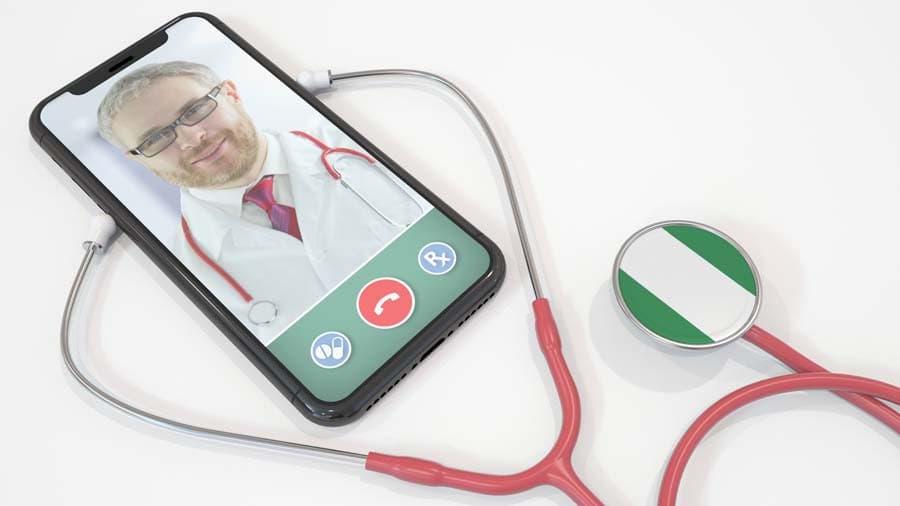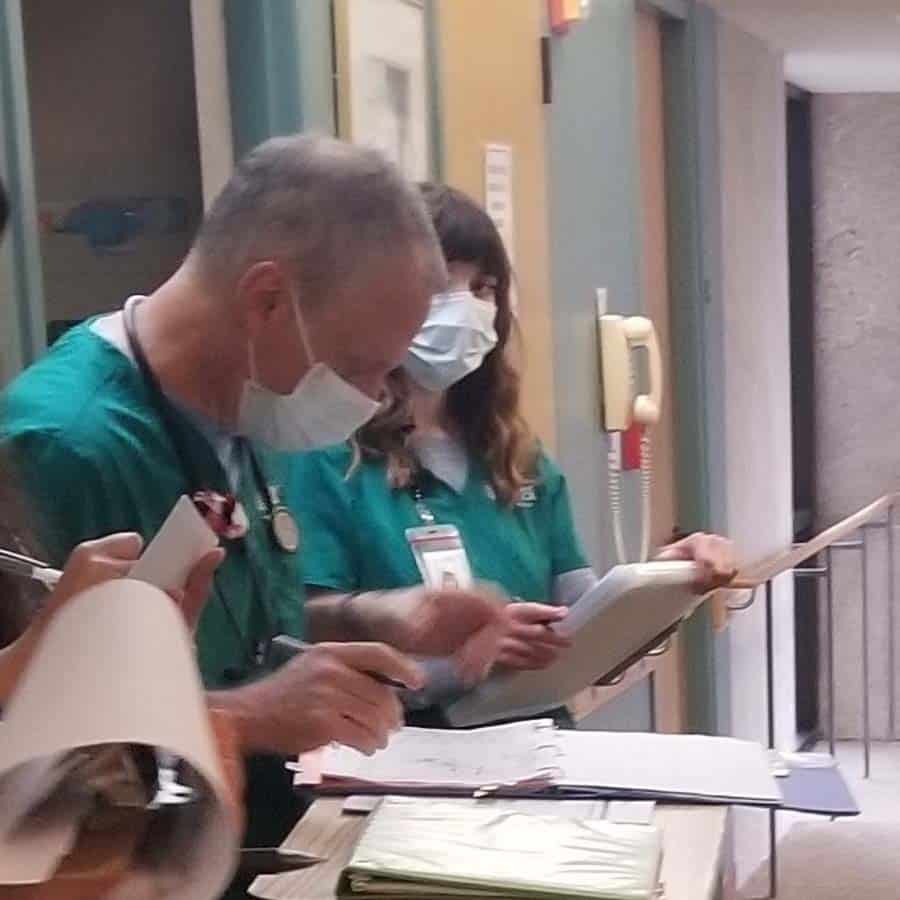Please view our updated COVID-19 guidelines and visiting procedures →.

Many people who are considering hospice care ask the question: “Can I continue to see my doctor after I enroll in hospice?” This guide will answer that question, and clarify Medicare’s seemingly complicated rules in hopes of promoting your ongoing involvement with the doctor who has served you so well.
This guide focuses on Medicare, which is the insurer for most people in hospice -- the Medicare Hospice Benefit (MHB). If your hospice care is not covered by the MHB, you may want to contact your insurer directly to find out the rules.
Usually, the doctor that people want to continue to see is the specialist who treated them for the condition that led to hospice enrollment, for example, a cardiologist for people with heart disease or an oncologist for people with cancer.
It is possible for your specialty doctor to remain involved in your care, provided he or she agrees to act as your “hospice primary attending.” This is the doctor who works with the hospice interdisciplinary team (IDT) to guide care – mostly by providing medication orders over the phone to the hospice nurse who comes to your home.
If you want your specialty doctor to remain involved in your care, ask him or her to agree to be your hospice primary attending – but remember that most of his or her involvement will be in directing your care over the phone with your hospice team, not in seeing you in the office. They are also unlikely to order blood tests, x-rays, or CT scans for you, as those tests will not contribute to your comfort after you are no longer being treated medically. (And you may be billed for them if they are ordered.)

You can still see your regular – non-hospice – primary care doctor while you are in hospice, or a specialty doctor that you see for a condition unrelated to hospice. For example, if you are enrolled in hospice for lung cancer but also suffer from rheumatoid arthritis. It is important to understand, however, that the Medicare Hospice Benefit will not pay for primary or specialty care, or medications, for services unrelated to your hospice diagnosis – the condition that led to your enrolling in hospice, like heart disease or cancer. However, Medicare Part B (which pays for office visits) and Medicare Part D (which covers prescription medications) will usually still pay for these services – though you should notify the non-hospice specialist and primary care doctor that you are enrolled in hospice and covered by the MHB before making an appointment.
If you decide not to ask the specialty doctor who provided care for the condition that led to your enrolling in hospice to act as your hospice primary attending, or if he or she chooses not to do so, your hospice care will be assumed by the hospice medical director or another physician employed by or contracted with hospice. For example, if your oncologist declines to be your hospice primary attending, the hospice MD becomes your doctor. If you still decide to see your oncologist, the MHB will not cover the visit, and you may be billed for it.

In summary, your care may continue to be directed by your specialty doctor if he or she agrees to be your hospice primary attending, though that will probably not involve office visits, blood tests, x-rays, or CT scans. If your doctor declines that role, your care will be overseen by a hospice doctor. Doctor visits and medications that are unrelated to your hospice diagnosis are not covered by the Medicare Hospice Benefit, but are generally still covered by Medicare Parts B and D.
Feel free to call the admissions department at The Connecticut Hospice, Inc., at 203-315-7540 if you have questions.

As a not-for-profit, we depend on generous donors to help us provide customized services and therapies that aren’t completely covered by Medicaid, Medicare, or private insurance.
Please make a gift to help us sustain the highest standard of care.
Admissions may be scheduled seven days a week.
Call our Centralized Intake Department: (203) 315-7540.